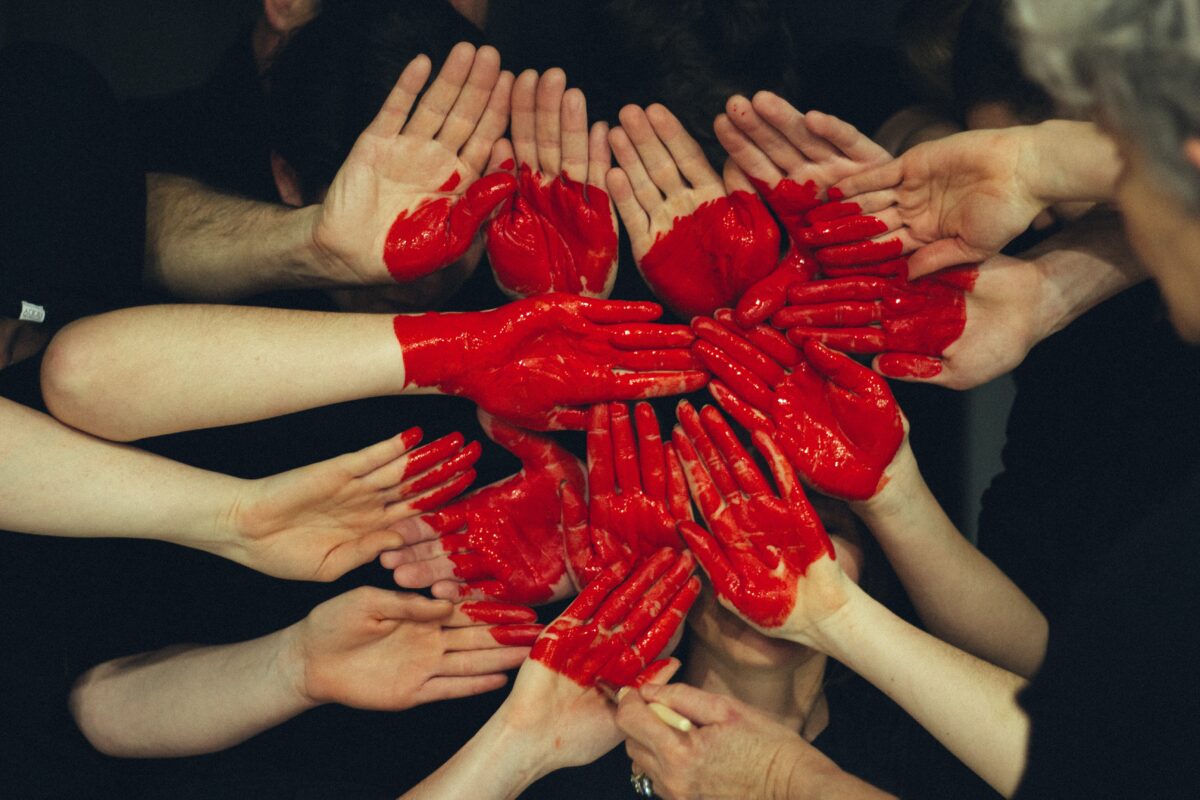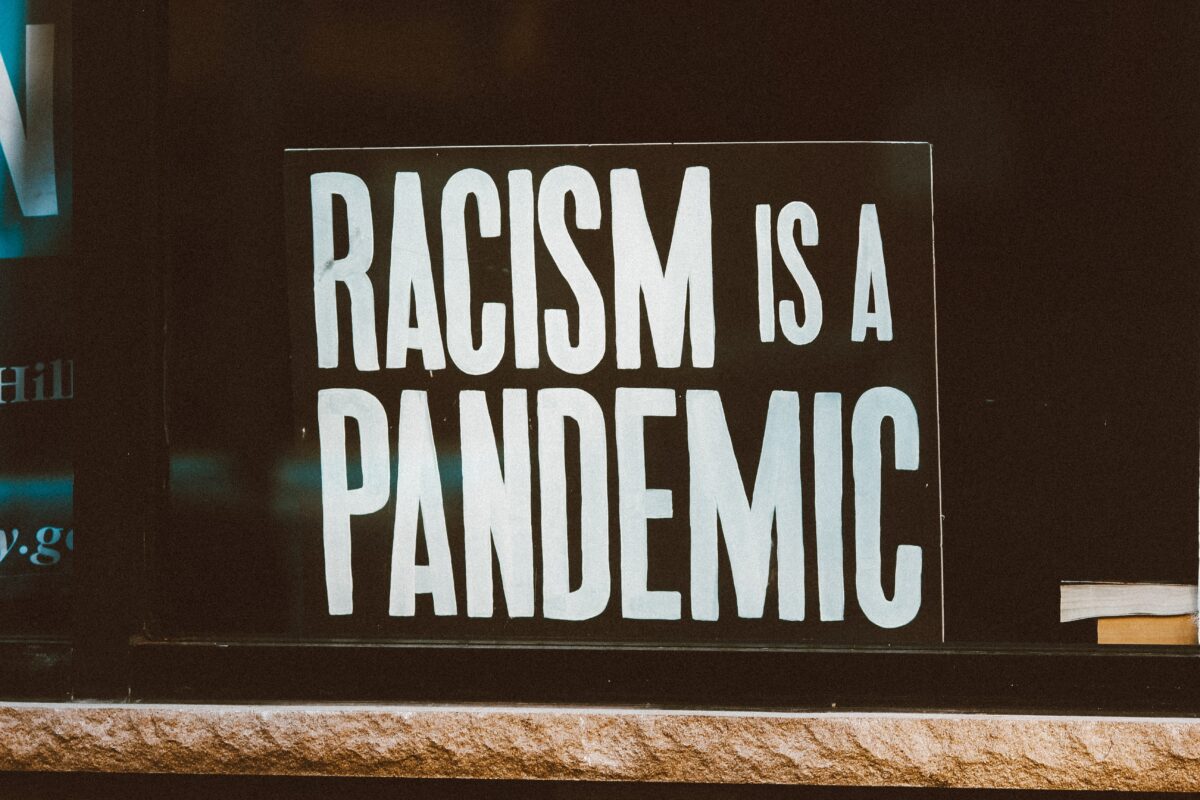Every day we wake up and start making judgments. How does your preference for hierarchy impact those judgments? For example, public opinion polls find most people support equality but see income distribution as being unfair in society. At the same time they see our economic system to be highly fair and legitimate. Stereotypes seem to help justify inequality in social systems by providing the reasons why some are at the top (intelligent, hardworking) and others aren’t (lazy, irresponsible). Ironically, dominant groups and the dominated seem to share the beliefs that justify the status differences (caste, socioeconomic status, or class hegemony) we see around us. As a small thought experiment – what comes to mind when you pass by that homeless encampment at the SF Civic Center?
The interaction between preference and perception seem to have consequences for policy and organizations. For example, the Citizens United and SpeechNow Supreme Court rulings allow corporations to use First Amendment rights to advertise for their political candidates with little transparency as long as they are not linked formally. The ethical dimensions of corporations become of paramount importance now that they have the ability to impact campaign spending and the finding that groups are often perceived as having individual agency. From a social psychological perspective this becomes intriguing as there is more diversity within groups than between groups. This might be heartening if organizations had democratic, vote based norms in decision making, but given corporations are highly hierarchical organizations of people, understanding their contributions to political and social causes become important.
Research and Insights
Research on preference for hierarchy in society is covered by Sidanius and Pratto’s construct of social dominance orientation (SDO). Individuals who rate high on SDO Scales typically “become members of institutions and choose roles that maintain or increase social inequality” (think business and law) and take “hierarchy enhancing” roles. Those who rate low on the SDO scale tend to fill roles that attempt to level the playing field (think humanities and social sciences), known as “hierarchy attenuating” roles. High levels of SDO correlate strongly with measures of sexism, racism and political-economic conservatism. These preferences play out in decision making in corporate social responsibility (CSR) and the relative compassion organizations express in their CSR policies. In current research, we’ve established a link between those who manifest higher levels of SDO exhibiting negative adherence to a wide range of CSR dimensions. Initial results of our study indicate that among working adults, high levels of SDO negatively influences adherence to CSR (specifically in areas of ecological policy, government regulation of business, philanthropy, obligation to public, and positive relation to materialistic greed), which could lead to disparate outcomes in our business, social and ecological environment.

Interestingly, in other ongoing research we have established a link between high levels of SDO and low levels of compassion for others, increased levels of fear of compassion for others, from others, and for oneself. Higher self-reported levels of depression, anxiety, and stress are also associated with higher levels of SDO. Compassion for others and yourself diminished? Given the amount of chronic stress we suffer from based on our work environments, a little compassion can go a long way at work. Our preferences for hierarchy play a role in decision making processes be they vocational choices or corporate policy. Leaders play a huge role in the decision making process of organizations, but based on hierarchical preference may not reflect the needs of CSR policy or stakeholders (employees, environmental, cultural or social) and are inextricably tied to as well as the psychological well-being for those making the decisions and those around them.
Where do you sit on the SDO scale-hierarchy enhancing or attenuating? How did you feel about our little thought experiment? What was your reaction when you passed those folks on Market Street? Did they try hard enough? Just get lazy? Were they veterans? Victims of diminished opportunities for the masses? Where did your perceptions take you? How did they impact your behaviors? How far apart are we really? A little introspection can go a long way.
















